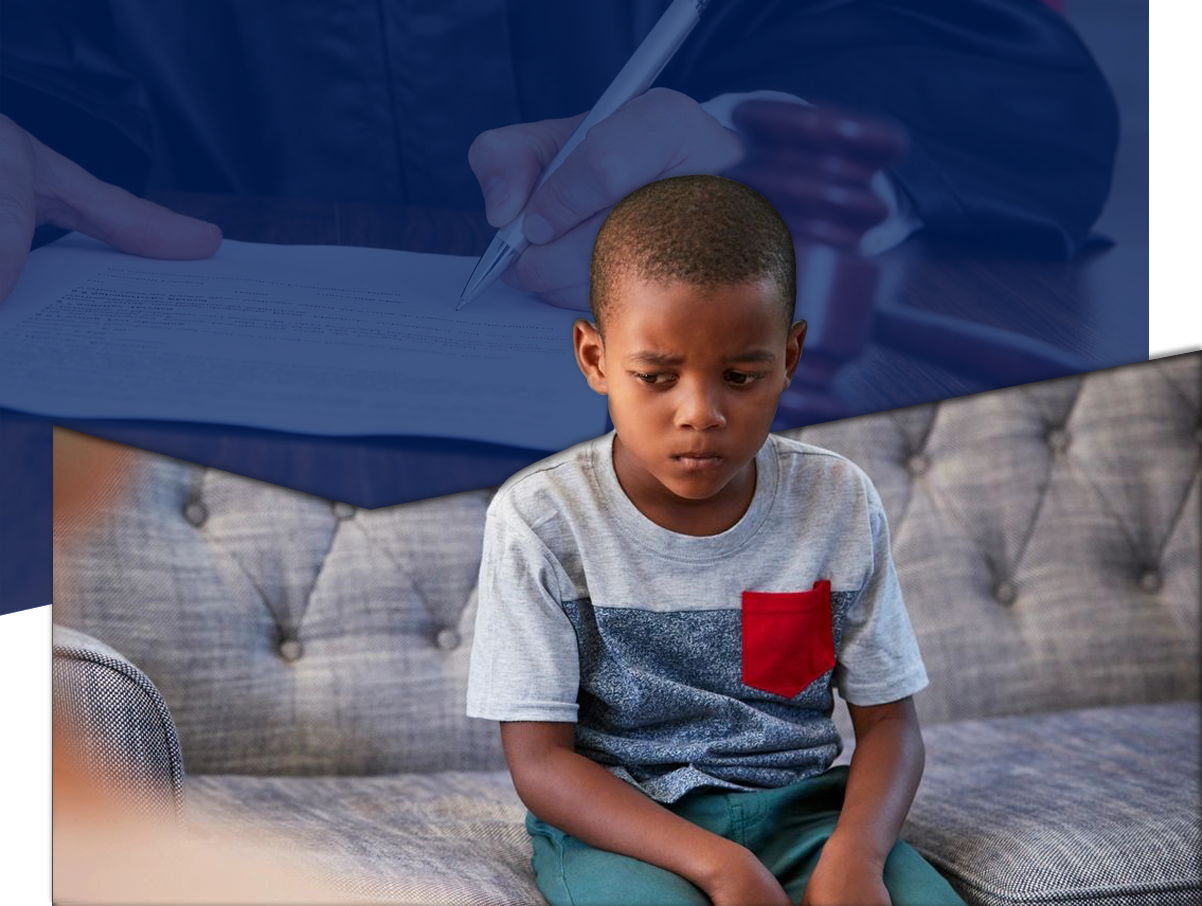Mediation Stages
Stage #1 - Pre-Mediation
This stage allows mediators the chance to get acquainted with the facts and circumstances of the dispute from each party's point of view. It is also the mediator's opportunity to evaluate each party's willingness and capacity to mediate. If there is a willingness and a capacity on the part of both parties, mediation can be successful. Depending on the situation, pre-mediation meetings can take place an hour before the actual mediation session begins or can take place days or weeks before the mediation session begins. The parties can hold separate pre-mediation sessions on different days or, if the parties are comfortable with meeting together for pre-mediation, they can meet at the same time. Pre-mediation meetings can be held in person, through video conferencing, or over the phone. The geographic location of the parties and the time sensitivity of the issues will generally determine how the pre-mediation meeting(s) are held.
Stage #2 - Mediation Session
The goal of mediation is to uncover the things that are important to each party and find where their interests intersect. This cannot be accomplished if the parties conduct themselves in a rude and unprofessional manner. Thus, the mediator will set ground rules for the parties to follow, so communication and ideas for resolution can flow. A mediation session is generally set in half-day or full-day increments, depending on the complexity of the dispute. So, for example, a mediation session could be set for 2 full days, but if the parties come to an agreement in 2 hours, the remainder of the time is simply cancelled, and the parties are only charged for the actual time expended.
Stage #3 - Conclusion
Immediately after the mediation session ends, the mediator will draft the agreement of the parties correctly and thoroughly and provide the agreement to both parties, any attorneys who are involved, and any court that is involved.
Things to Think About
Come to mediation with the right perspective.
- Parties who are successful in mediation ask themselves, "How creative can I be to think of solutions that will bring us to an agreement?"
- Parties who fail in mediation ask themselves, "How little can I cooperate and how little can I give, but still come to an agreement?"
Mediators can't simply wave a magic wand and solve problems. Mediators have to put in the work to understand facts, evaluate interests, and generate options. The parties have to put some work in as well.
- Parties should organize their thoughts before mediation begins, organize any documents or items they believe are informative for the mediator, and organize their interests in order of importance.
- Parties need to actively listen to each other. This can take effort, but the upside to active listening is the achievement of a better understanding of the issue as it is seen from all sides.
- Parties should expect a mediator to ask, "What do you think a reasonable resolution should be?" If the parties have listened to each other and the mediator, and they have achieved a better understanding of the issue, then they should be able to generate options and think of different scenarios and solutions. Some parties make lists and even draw charts and pictures to develop proposals and solutions.
Mediation sessions can be flexible.
- If parties are scheduled for a half-day session, but only get 75% of the issues resolved, additional sessions can be scheduled to address the remainder of the issues. That's not a problem.
- Mediation sessions can go into "overtime" if the parties and mediator have the time. For example, let's say a mediation session is scheduled from 1:30 pm - 4:30 pm. The clock strikes 4:30 and the parties only needed to solve one more topic. As long as everyone agrees, the mediation session could continue until that final topic is resolved.
Get Started
Let a reputable lawyer handle your different legal needs. To discuss your case, please leave a message and I’ll get back to you as soon as possible.

